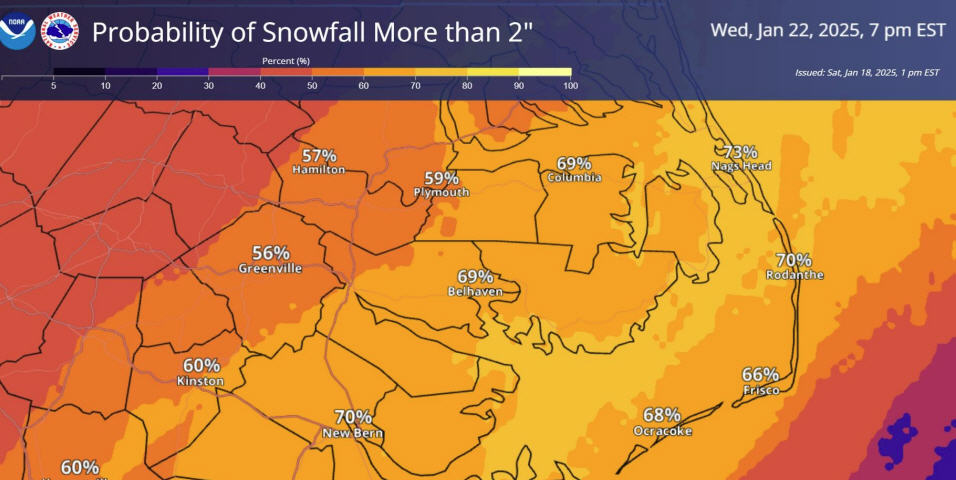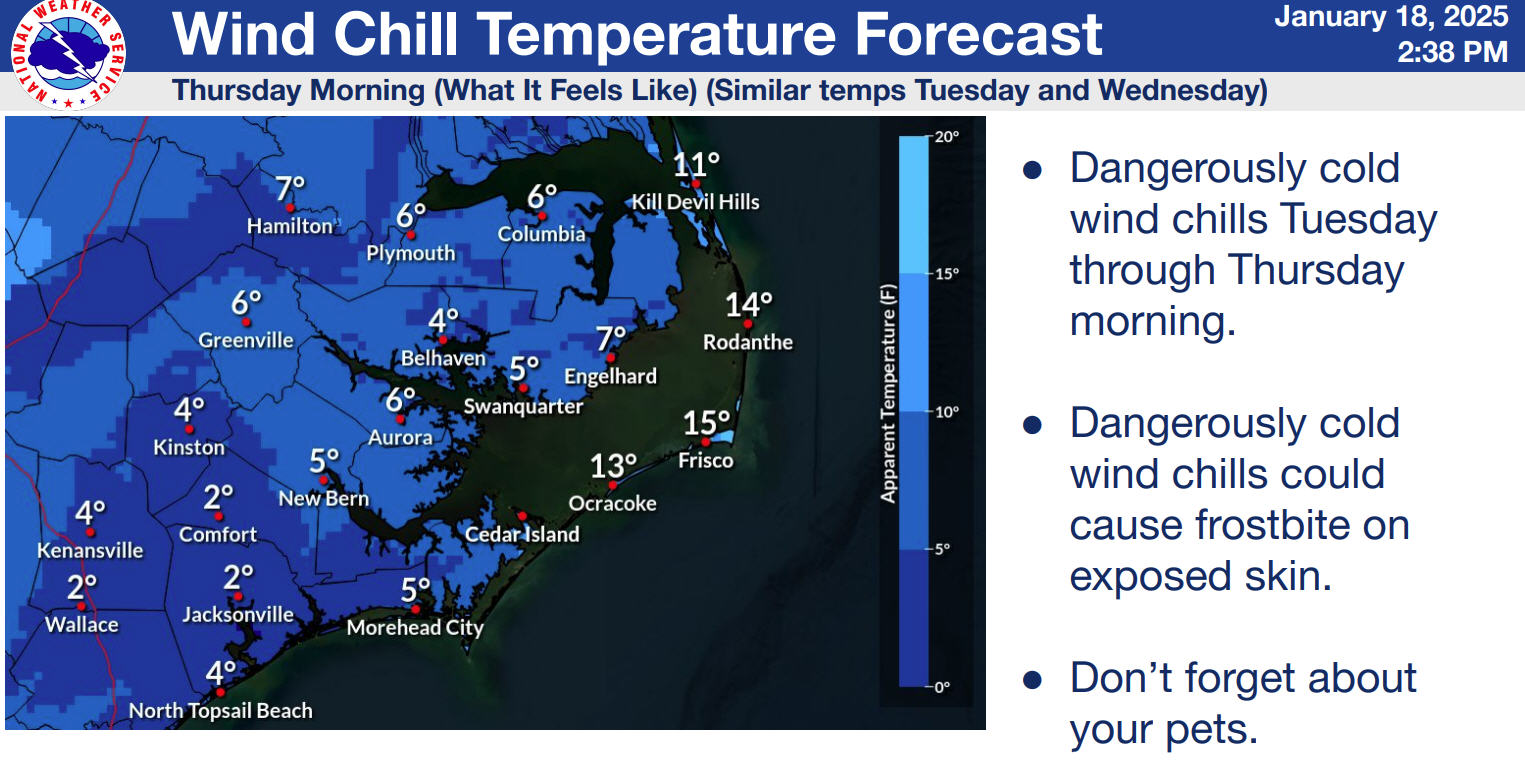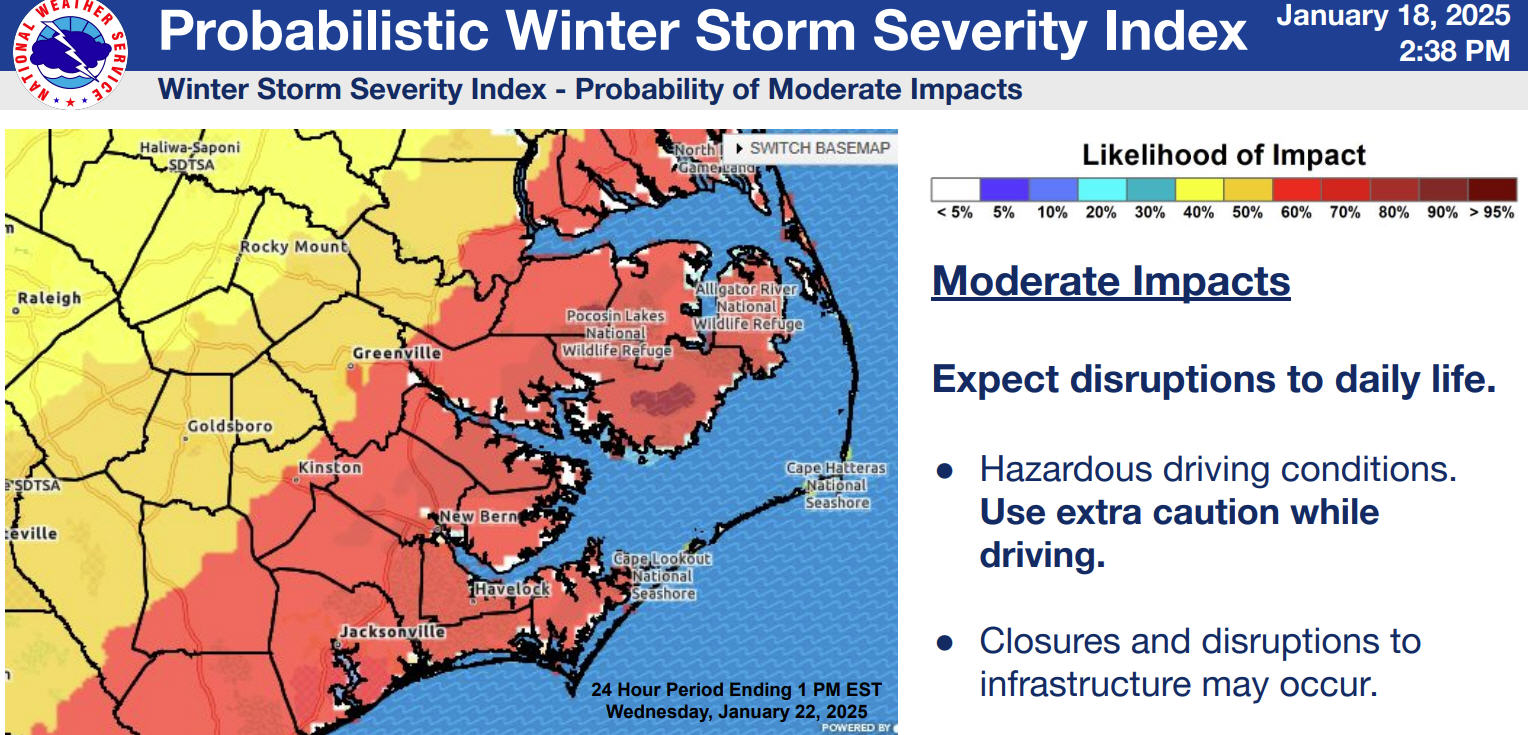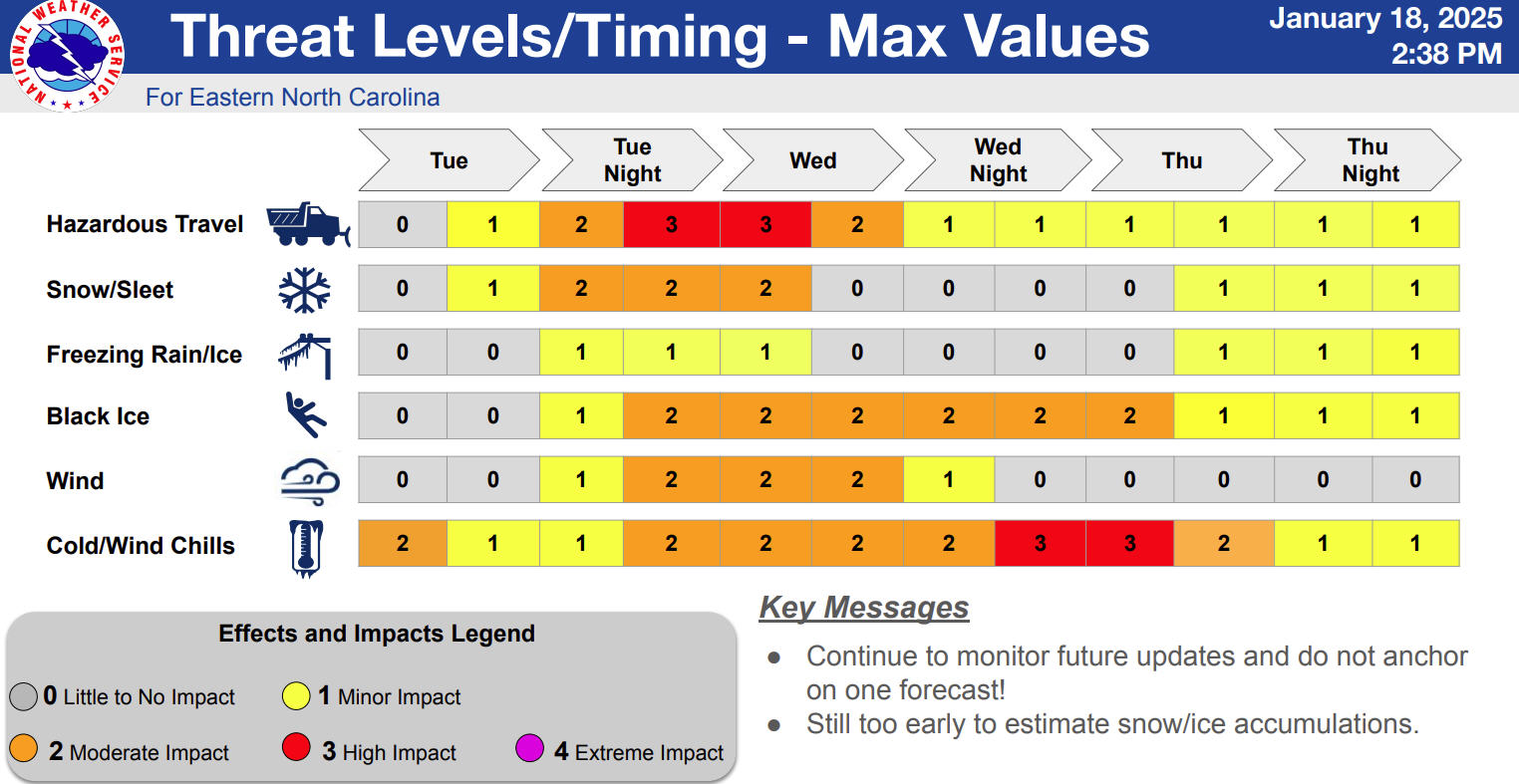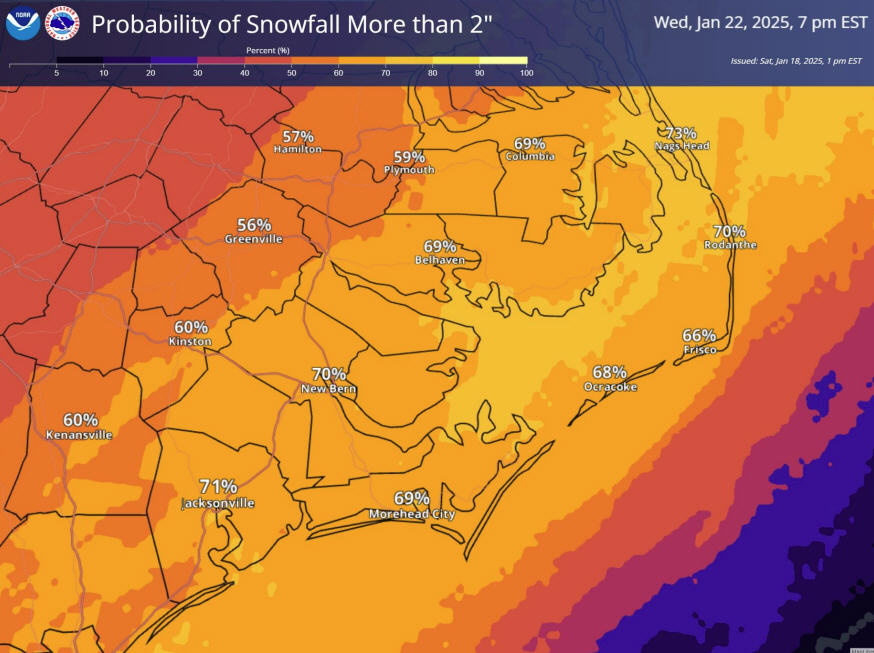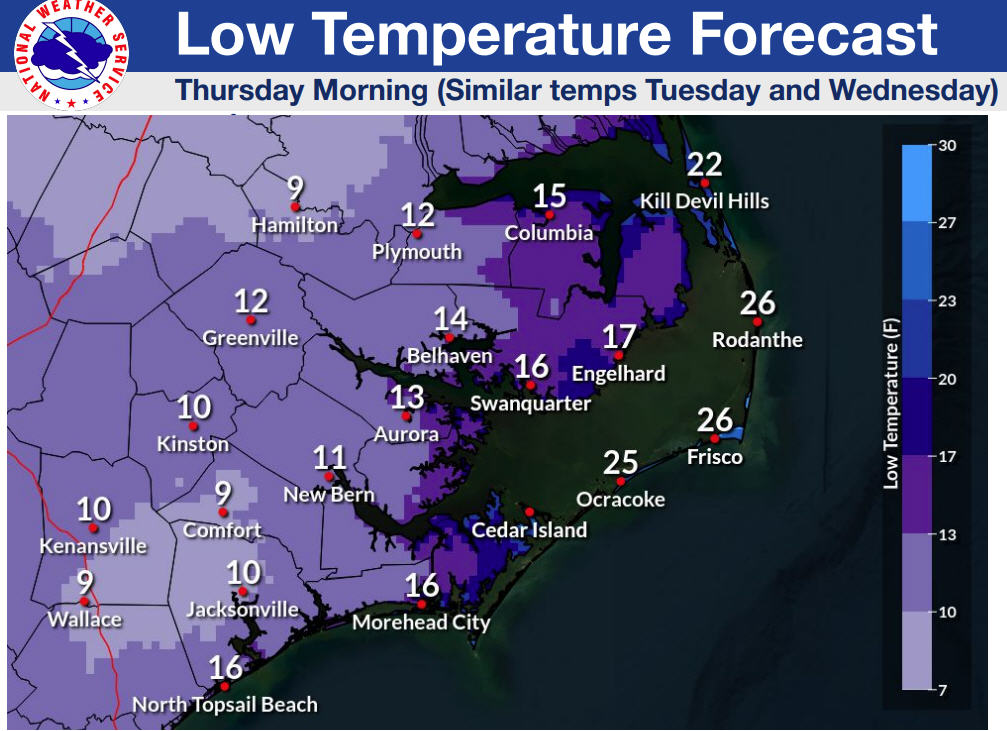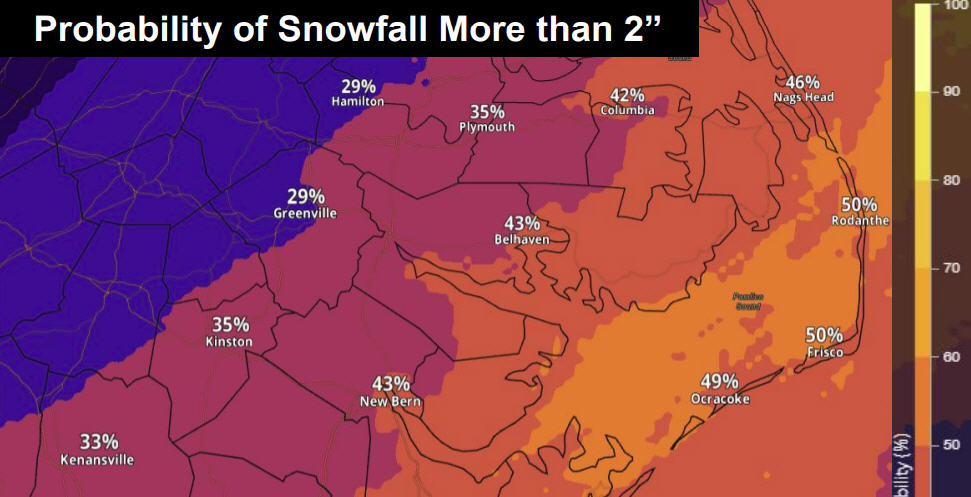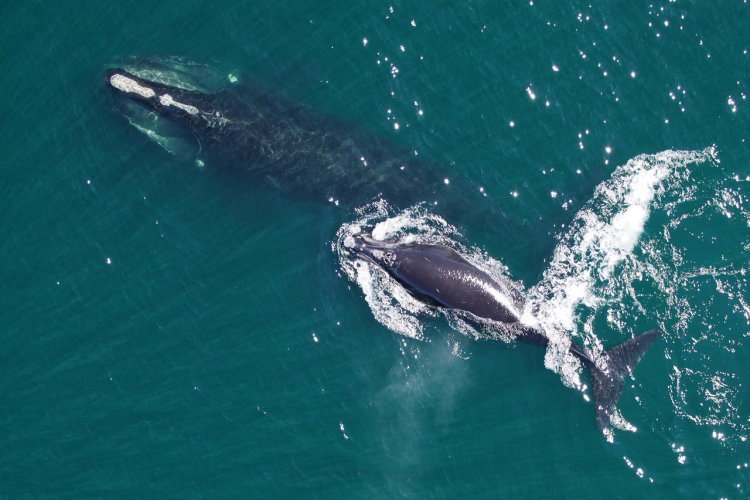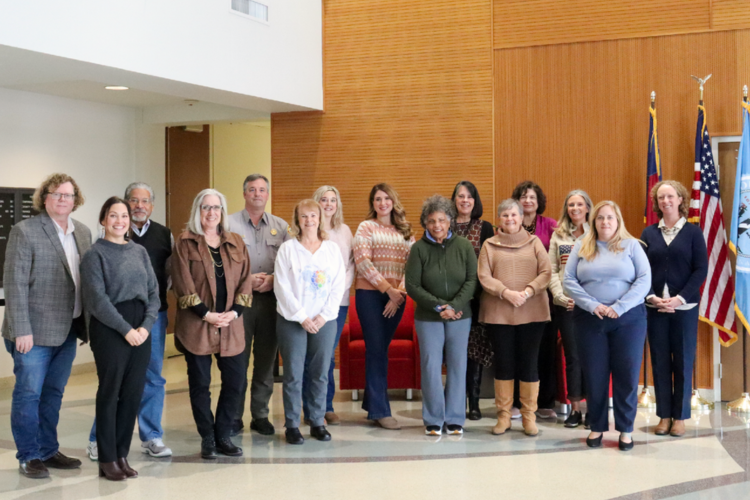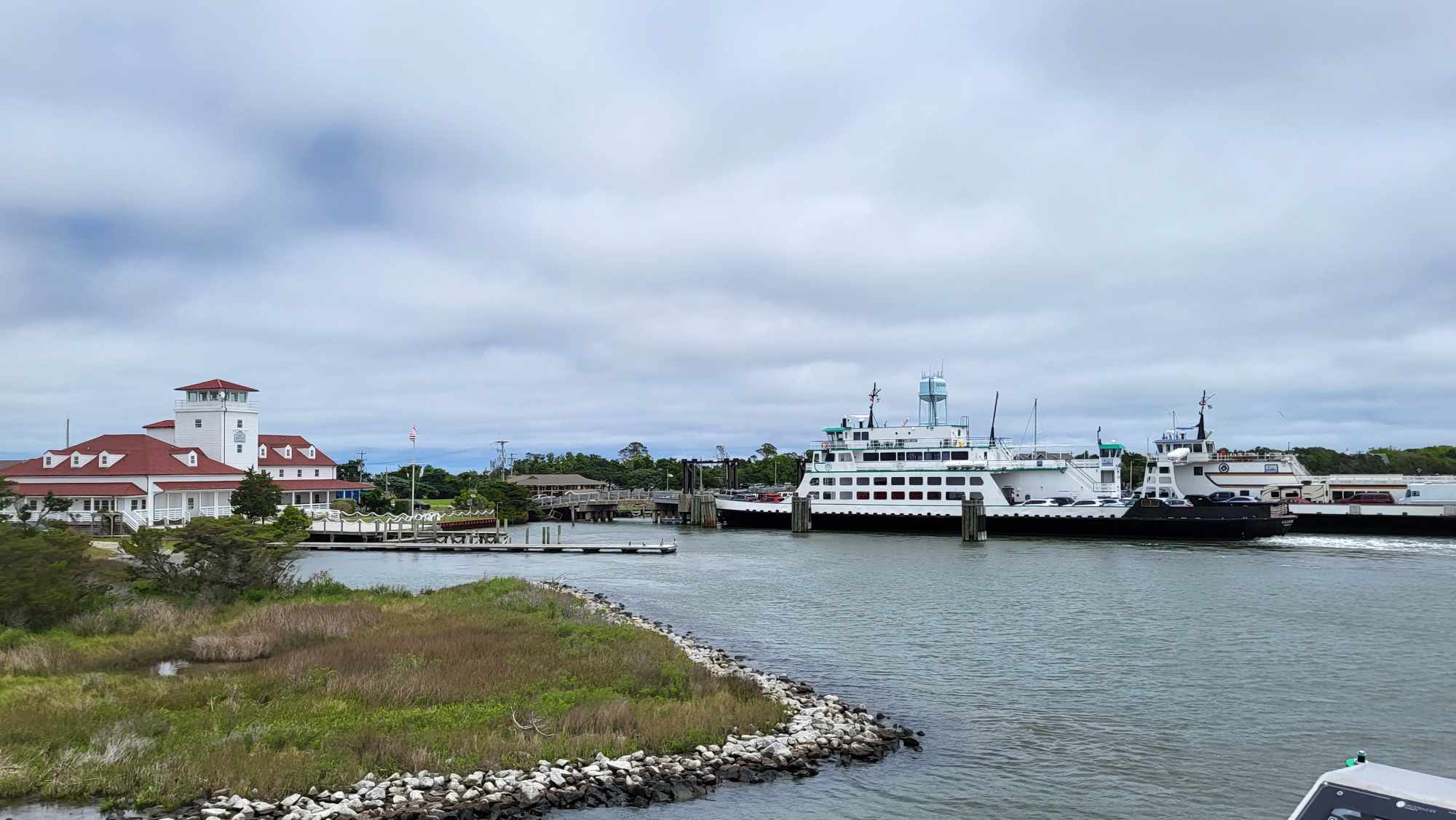Navy Unsure Why Trashy Disks Washed Up
The U.S Navy is investigating how more than three dozen clear plastic-coated disks of compressed trash, apparently from one or more naval vessels, washed up on northern Outer Banks beaches in recent weeks.
Beachcombers were initially baffled about the source of the large – and smelly – disks, but conveniently, one of them contained a document clearly visible among the trash with a seal that read, “Commander Naval Surface Force Atlantic.”
“These disks appear to be the same type of compressed plastic disks Navy ships produce routinely as a means of safely storing plastic waste aboard,” Ted Brown, installations and environmental public affairs officer for U.S. Fleet Forces Command, said in an email, responding to provided photographs of the mystery disks.
Personnel on Navy ships, he added, are prohibited from throwing the disks – or any plastic waste – in the ocean.
“Our crews are trained and instructed to separate all plastic products for processing,” he wrote, “then retain the disks onboard until they can be properly disposed of ashore.”
Brown said that a message would be sent to operating units to reinforce the policy.
“The Navy is committed to being a good steward of the environment and is currently investigating the incident,” he wrote.
At least 40 of the large disks were seen on the beach late last week in Carova, an off-road beach community on the northernmost end of the Currituck Outer Banks Another half-dozen or so were also found in late April about 40 miles south in Kill Devil Hills.
Jeff Kelly, owner of Corolla Beach Music, said that the tide was very high and rough when he first came upon the disks on the Carova Beach shoreline Friday. In a span of about three miles, he said he counted 26 disks, but he estimated there were another 15 or so farther north. Later that day, the 20-inch diameter disks were scattered all over the beach up into the dunes.
Looking closely at them, Kelly said he could see that some of the plastic covering was breaking apart. The disks appeared multi-colored – because of their contents – and were partially melted. Kelly said he had never seen such disks on the beach before, he said, and didn’t know what they were.
“I had no clue,” he said. “I could see that there was trash in them, and I guessed they were from a ship, but I didn’t know if it was a cruise ship or some other kind of ship.”
On the same day, four empty white plastic barrels with orange paint markings, each about the size of a 55-gallon drum, also washed up, Kelly said. Each had holes in it, as if shot at. Another such barrel was found on the beach in Kill Devil Hills. It remains unknown whether they are related to the disk spill or whether there is a Navy connection.
Leidos, a “solutions-based” American defense company headquartered in Reston, Virginia, has a contract with the Navy to provide the Plastics Waste Processor service, according to the company’s website. The technology compresses shipboard plastic waste and incidental material, and uses a heat sealer to seal odor barrier bags used to store the plastic disks on the ship.
With 17 of the disks stashed in the back of her pickup, Heather Cremia of Kill Devil Hills bemoaned that her vehicle reeked of a dumpster.
Cremia, a self-described “avid beach cleaner,” said she wanted to help solve the mystery of how such processed litter had ended up on the Outer Banks beaches.
Cremia said that just the putrid odor alone proved that the plastic coating on the disks was breaking apart, meaning all the trash could have soon been loose in the environment.
“God knows how many are like that, dispersing into the ocean,” she said, poking at the edges of trash sticking up from a disk. “I’ve seen a lot of marine debris, covered in barnacles. This has no barnacles. This hasn’t been out there for that long. And these float. How many of these are floating out there?”
Most of the disks in her truck had been collected from Carova. Cremia said she had found the most deteriorated disk on the beach in Kill Devil Hills on April 27. She said she plans to contact the Navy to show them the disks.
Looking at the labels visible inside the disks reveal that Navy sailors have a taste for food that could be in any college dorm room cupboard. There’s Welch’s Fruit Snacks, Pepperidge Farm Goldfish, Cup ‘O’ Noodles, Crystal Light drink powder, gummy worms candies, Lay’s potato chips, containers of coffee creamer, granola bars, plastic bottles and soda cans.
“It’s all junk food,” Cremia said, laughing.




